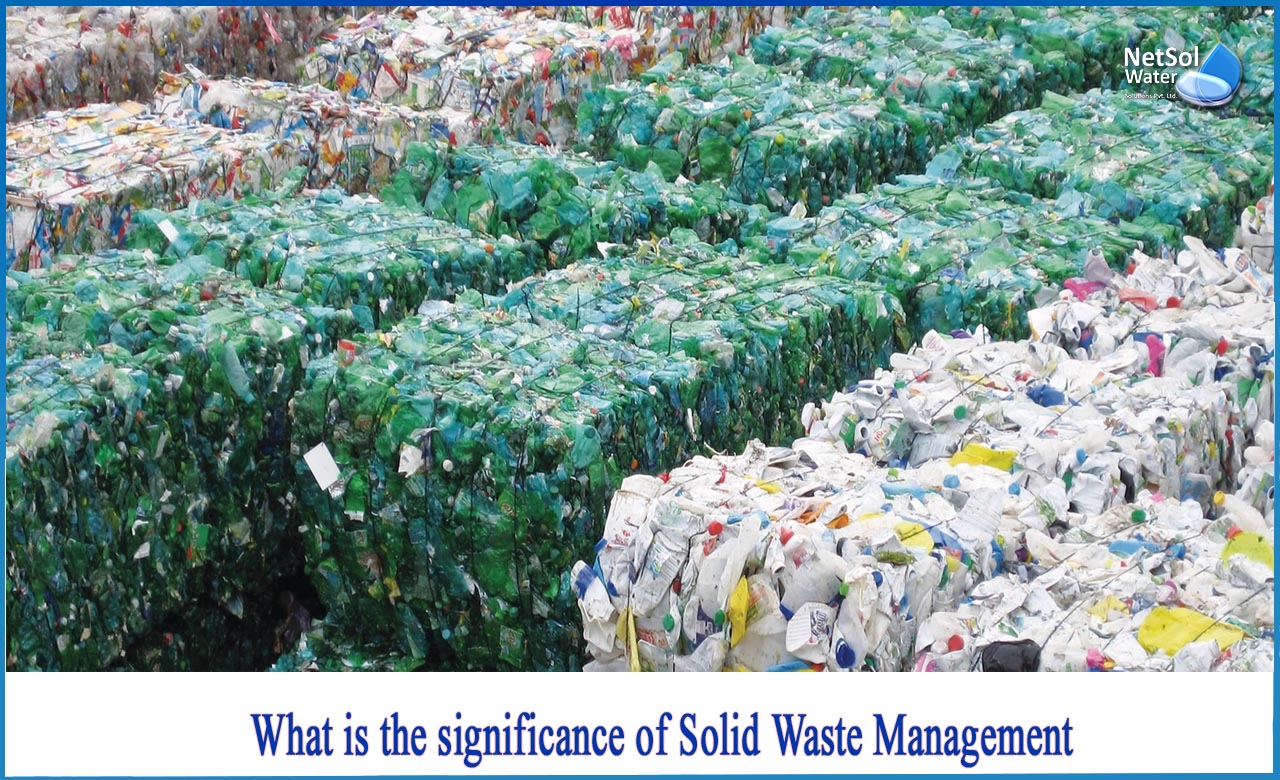What is solid waste management?
Solid waste management (SWM) is incredibly essential in our community because it protects our family from the dangerous effects of solid waste. By properly disposing of most of these waste materials, we can safeguard both our loved ones and the environment. Having a community that realizes this value allows us to work together to preserve the ecosystem inside our city. This is important not just for us, but also for our future generations.
What is the Purpose of Solid Waste Management?
Some countries have had a lot of success with solid waste management. However, the rest of the globe is struggling to deal with its waste.
In these areas, improper solid waste management continues to have an impact on:
1: The public health of entire communities and cities;
2: Pollute local water, air, and land resources;
3: Contribute to climate change and ocean plastic pollution;
4: Impede climate change adaptation; and
5: Accelerate forest and mine depletion.
What is the significance of solid waste management?
SWM is not simply the duty of Government agencies; as responsible citizens, we must also play a part in waste management. Let's see how effective waste management can be.
a. Waste Management
First and foremost, we must eliminate waste at its source. It is possible if individuals reduce the amount of waste they create on a daily basis. It is critical to understand which product to use and how to dispose it off.
b. Waste Reutilization
Some goods can be used several times after they are purchased. Items can be reused for the same purpose or for a new purpose.For example, we may reuse our books and clothing by donating them to the poor, or we can remodel our items to wear them again and give them a new appearance.
c. Recycling of Waste
Recycling facilities can process garbage and turn it into something valuable. Biodegradable waste, such as food, paper, or wood, can be biologically degraded to produce manure or plant nutrients.
d. Energy Recuperation
This approach involves the burning of non-recyclable garbage, which leads in a reduction in the amount of solid waste that must be disposed of in landfills. This procedure contributes to the production of renewable energy while reducing carbon dioxide emissions.Furthermore, methane emissions from waste disposal in landfills can be reduced.
Conclusion
1: Composting organic waste can help feed crops and enhance agricultural production. Reduced landfilling and the construction of sanitary landfills will minimize ground and surface water contamination, allowing for cleaner drinking water. Energy recovery from non-recyclable waste may meet a large amount of a city's energy needs.
2: Involvement of informal waste recyclers in inclusive waste management might bring significant economic opportunities to the excluded urban poor. Additionally, an efficient solid waste management approach that includes cost recovery methods may free up tax resources for other uses.
Solid waste management is no longer only a business social duty or a low-priority service. Improper waste management causes a public health and environmental disaster, as well as economic loss, operational inefficiencies and a lack of political and public awareness. Integrated solid waste management may be a nation-building exercise for more prosperous and healthy communities. As a result, worldwide focus is required to find answers to such a diverse set of problems.
What do we have to offer?
We are pleased to introduce ourselves as leading water, wastewater treatment company in India, specializing in the manufacture of WTP, WWTP, ETP, as well as Solid waste management. Netsol Water is a one-stop utility partner for both industrial and commercial clients, helping them improve resource productivity and bottom lines while safeguarding the environment.
Please contact us at +91-9650608473 or drop a mail at enquiry@netsolwater.com for further information or to make a purchase.



